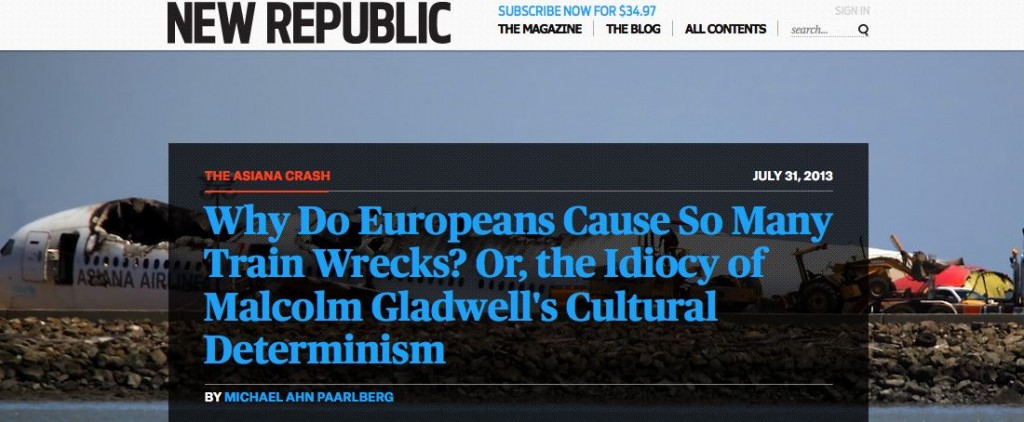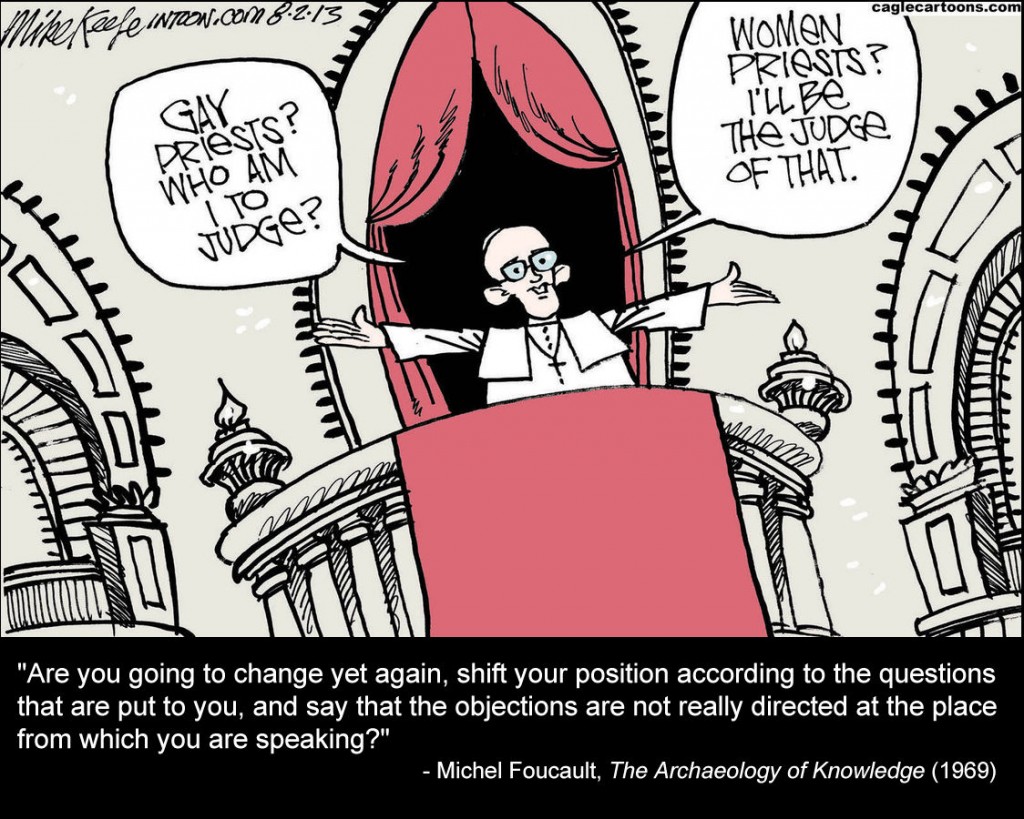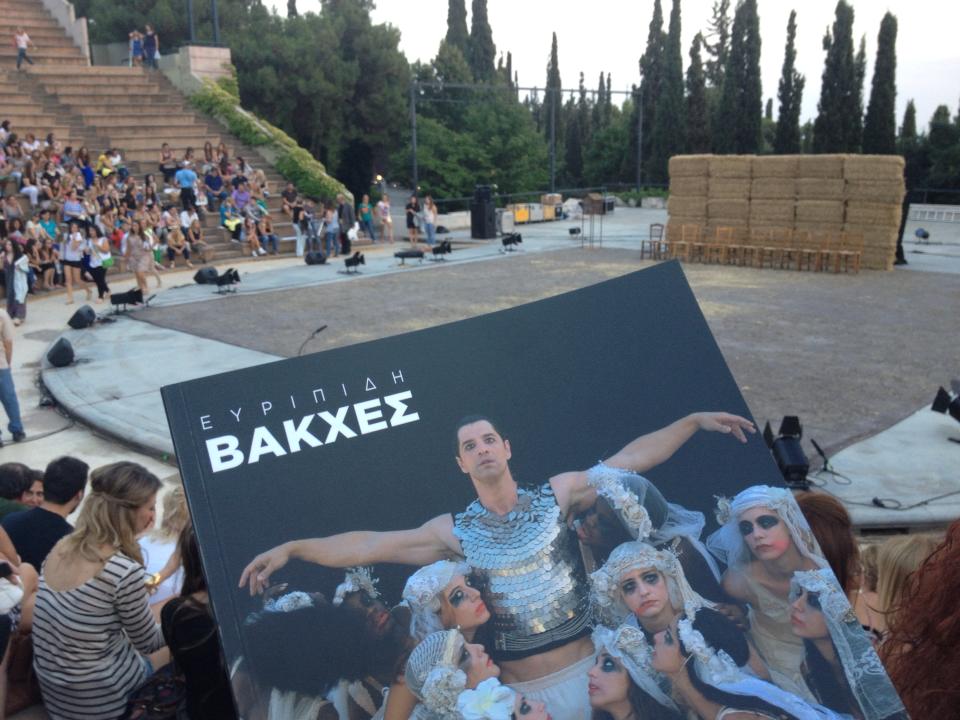 National Public Radio in the U.S. has a well-known correspondent named Mandalit del Barco — recently (and humorously) voted the best name in public radio. Her name is so well known to NPR listeners that the guys at “Car Talk,” a call-in car repair show, parody it — among the many other fictitious people who staff their show — in their closing credits, thanking their “inventory manager, Mandalit del Barcode.”
National Public Radio in the U.S. has a well-known correspondent named Mandalit del Barco — recently (and humorously) voted the best name in public radio. Her name is so well known to NPR listeners that the guys at “Car Talk,” a call-in car repair show, parody it — among the many other fictitious people who staff their show — in their closing credits, thanking their “inventory manager, Mandalit del Barcode.”
But what I find interesting is how she says her own name and what it says about our commonsense view of language and identity. Continue reading “What’s in a Name?”

 Did you read our earlier post on
Did you read our earlier post on  Cartoon
Cartoon  A post on the Facebook page for the British Association for the Study of Religions (
A post on the Facebook page for the British Association for the Study of Religions ( In her latest post on BET News,
In her latest post on BET News,  It’s been interesting to see Culture on the Edge‘s two month old site cited recently — for example, consider this post below from a
It’s been interesting to see Culture on the Edge‘s two month old site cited recently — for example, consider this post below from a  Ever seen those? Those are Spanx brand undergarments. I’ll get to them in a minute.
Ever seen those? Those are Spanx brand undergarments. I’ll get to them in a minute.
 My love for the ancient Greek theatre certainly derives from my upbringing and schooling in Thessaloniki, the second largest city in Greece. For many Greeks seeing our ancient literary heritage being performed in outdoor theatres, especially during summer festivals, is certainly seen as being a step closer to our past. Today, the most well-known festival in Greece is the one that takes place every summer (since 1955) in one of our ancient theatres (known also for its great
My love for the ancient Greek theatre certainly derives from my upbringing and schooling in Thessaloniki, the second largest city in Greece. For many Greeks seeing our ancient literary heritage being performed in outdoor theatres, especially during summer festivals, is certainly seen as being a step closer to our past. Today, the most well-known festival in Greece is the one that takes place every summer (since 1955) in one of our ancient theatres (known also for its great